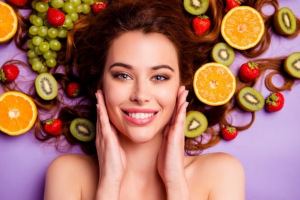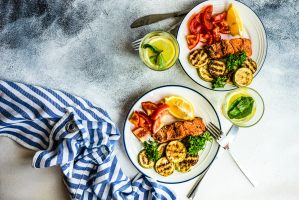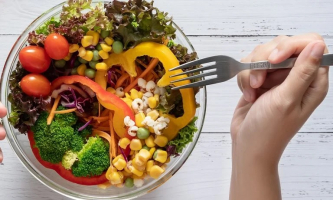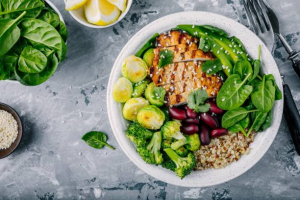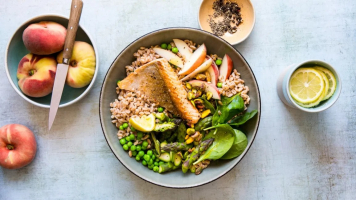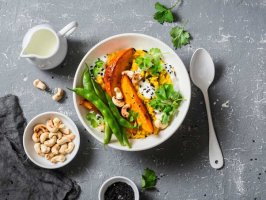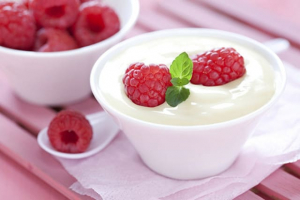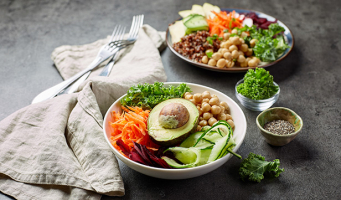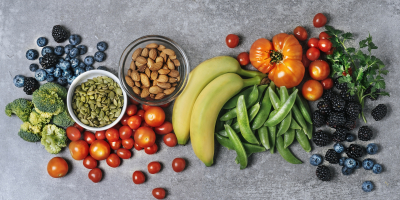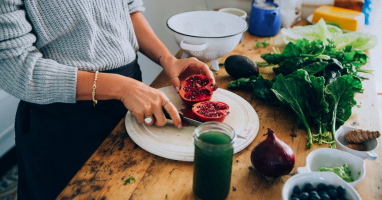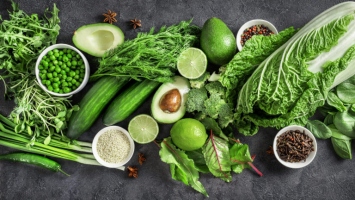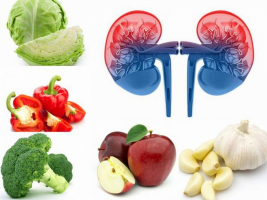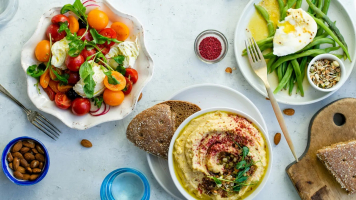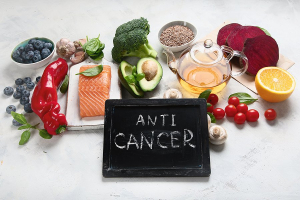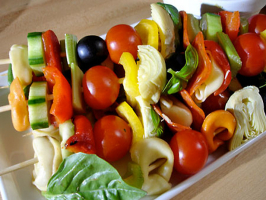Top 8 Best Foods for Healthy Eyes
A balanced, healthy diet is important to maintaining the health of your eyes and may lower your risk of developing eye conditions. If you eat foods that ... read more...include a variety of vitamins, nutrients, and minerals, known as antioxidants, you may be able to prevent serious eye conditions. A good diet may help you avoid the following eye conditions. Here are some of the best foods for your eyes!
-
Salmon in particular can be a great food to eat for eye health. Omega-3 fatty acids are found in seafood like salmon. These fats are "healthy". The health of the retina in the back of the eye and the development of vision are both affected by omega-3 fatty acids. They can help prevent dry eyes as well.
The fish that contains the most beneficial levels of omega-3s include:
- Tun
- Salmon
- Trout
- Mackerel
- Sardines
- Anchovies
- Herring
Think about including fish in your menu a few times per week. When buying salmon, choose wild-caught rather than farm-raised varieties. This is due to the fact that farm-raised salmon contains fewer omega-3 fatty acids and higher saturated fat. Most fish, including salmon, can be broiled or grilled. For a quick and tasty dinner, try seasoning it with fresh herbs, lemons, salt, and pepper.

Fish 
Fish -
Great food to eat for eye health is eggs. The incredible edible egg has a long-standing reputation as a food packed with nutrients to go along with its all-around versatility in dozens of recipes and breakfast variations
Vitamin A, lutein, zeaxanthin, and zinc are all essential for maintaining eye health and are found in egg yolks. The cornea is protected by vitamin A. The cornea is the eye's surface. The risk of developing significant eye diseases including cataracts and age-related macular degeneration is reduced by lutein and zeaxanthin. The retina benefits from the existence of zinc. The retina is located at the eye's back. Additionally, zinc improves night vision. Eggs can be used for breakfast, lunch, or dinner and are incredibly adaptable. Hard-boiling eggs is a quick and easy way to enjoy them. Try them in sandwiches and salads. Even a hard-boiled egg serves as a snack.

Eggs 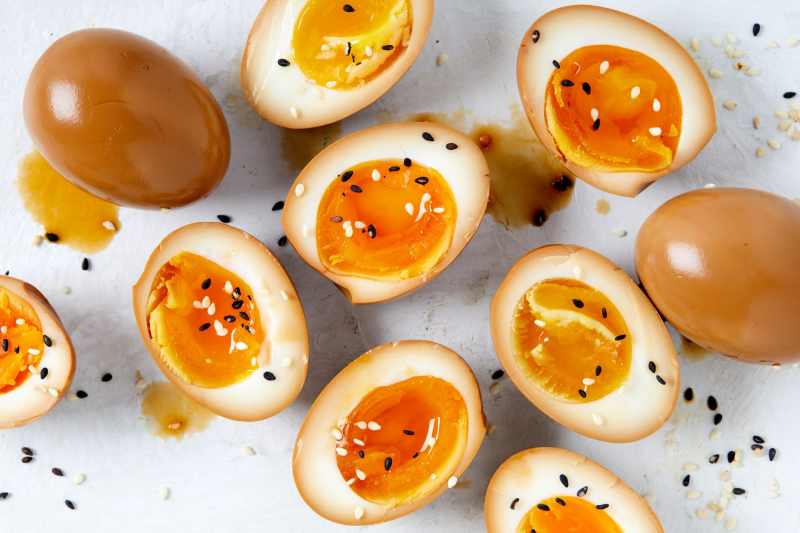
Eggs -
Milk and yoghurt, two dairy products, can be excellent for your eyes. Both zinc and vitamin A are present in them. Zinc helps transport vitamin A from the liver to the eyes, protecting the cornea. The retina and the choroid, which are the vascular tissue under the retina, contain the most zinc in the eye. This essential mineral helps in cataract prevention and night vision improvement. The best dairy comes from cows who are fed only grass.
Check the ingredient list and nutrition label to determine if your brand of milk contains added vitamin A. You can eat dairy products at any time of the day. You can add it to coffee, tea, breakfast cereal, or a glass of water to consume with a meal. Even if you don't like the flavour of plain milk, you don't have to feel compelled to drink it every day. To benefit from nonfat milk's nutritional benefits while masking its taste with sweet fruits and vegetables, try using it as the fluid base for smoothies. A nutritious option for breakfast or a snack is yoghurt.
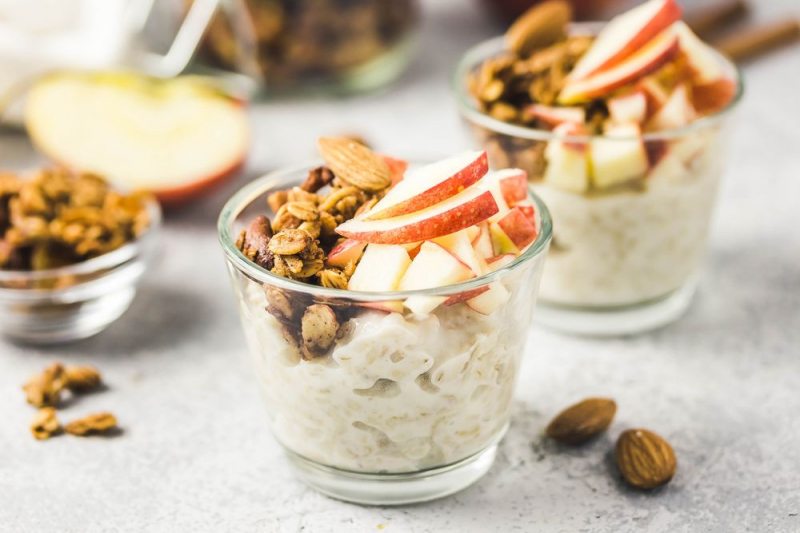
Dairy 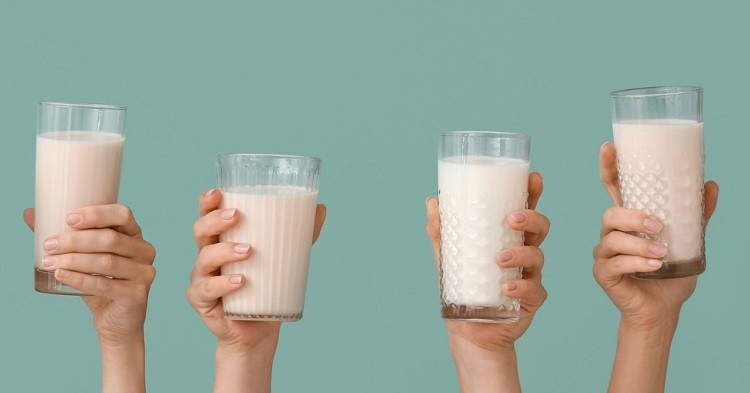
Dairy -
Although sweet potatoes have three times as much vitamin A activity as carrots (one medium roasted sweet potato provides 150% of the Daily Value), carrots are the ones that are frequently mentioned for their high vitamin A content. Vitamin A keeps the cornea healthy and is a part of the pigment rhodopsin, which converts light into electrical signals that the brain interprets as vision. Both beta carotene and vitamin A found in sweet potatoes help reduce the risk of eye infections.
In addition, a 2013 research discovered that zinc, vitamin C, and E, as well as beta carotene, can all help lower the risk of age-related eye problems. One sweet potato per day, which contains 1,403 mcg of vitamin A and provides 156% of the daily required value, is all you need to eat. Sweet potatoes are also a healthy choice for people with diabetes since they are slightly lower on the glycemic index than regular potatoes.
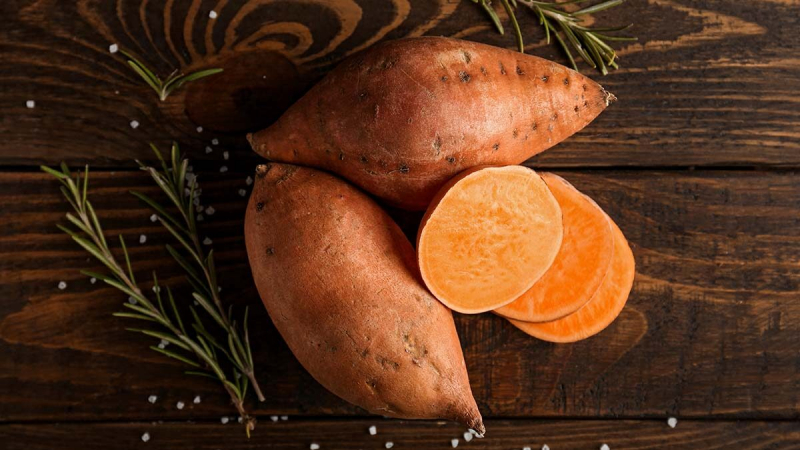
Sweet potatoes 
Sweet potatoes -
Everyone has heard, “Eat your carrots to have good eyesight!”, and it's totally true! It is commonly known that carrots are beneficial for eye health. Carrots contain beta carotene and vitamin A, just like egg yolks do.
Both beta carotene and vitamin A are abundant in carrots. The orange color of carrots is due to beta-carotene. Vision largely depends on vitamin A. It is a part of the rhodopsin protein, which helps the retina in absorbing light. The eye's surface benefits from vitamin A and beta carotene, which can also help avoid major eye problems including infections. Although there is conflicting evidence on beta carotene's impact on vision, the body needs it to make vitamin A. To add some extra nutrition to salads and soups, shred them up and mix them into the batter for muffins or pancakes.
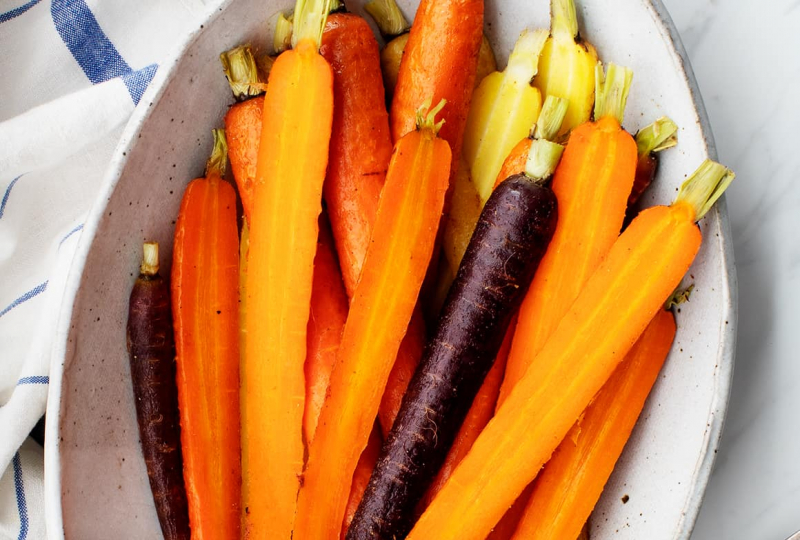
Carrots 
Carrots -
Because it contains many essential vitamins, minerals, and nutrients, kale is commonly referred to as a superfood. It is very beneficial to eye health.
Lutein and zeaxanthin, antioxidants that are also present in eggs and other foods, are present in kale. Serious eye diseases like cataracts and age-related macular degeneration may be avoided with the aid of these nutrients. You must include lutein and zeaxanthin in your diet because they are not produced by the body. There are 11.4 mg of lutein in 100 g of kale or about 1 12 cups, and it is advised that you consume 10 mg of lutein daily. Red peppers and spinach are additional lutein-rich veggies. Snack chips made of kale are an option. To make kale crispy, first, wash the leaves and then rip them into small pieces. Toss the pieces in olive oil and bake for about 20 minutes. They can be salt-seasoned using a moderate amount of salt. Kale can also be used as a salad or cooked as a side dish.
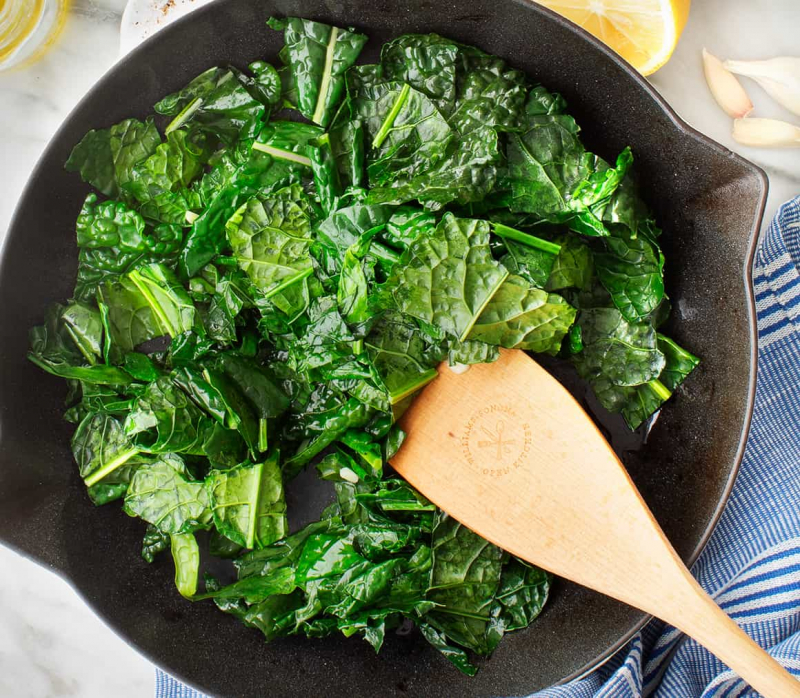
Kale 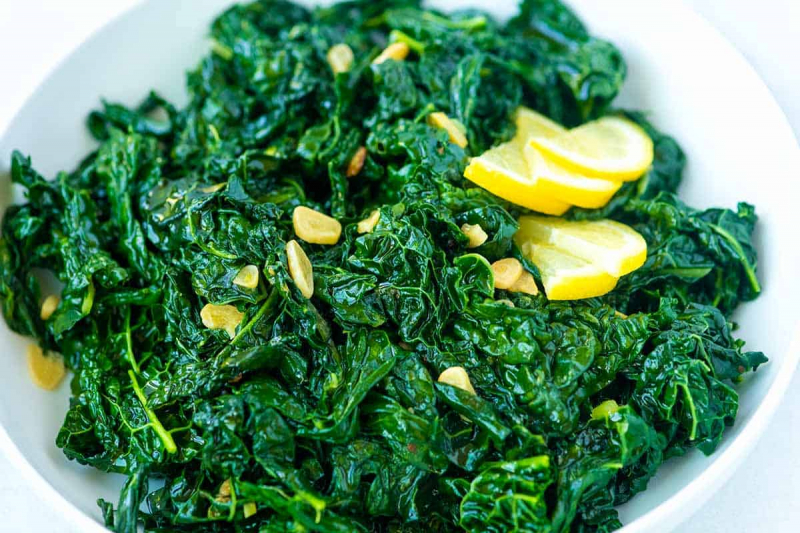
Kale -
Almonds are typically beneficial for eye health, just like other nuts and seeds. Vitamin E is found in almonds. This vitamin protects against unstable molecules that are harmful to healthy tissue.
Both cataracts and age-related macular degeneration can be avoided by regularly consuming vitamin E. The recommended daily intake of vitamin E is 15 mg, or roughly 22 international units (IU). Almonds contain 11 IU per serving, which is roughly 23 nuts or 14 cups. Sunflower, hazelnut, and peanut nuts and seeds are additional sources of vitamin E. Almonds make a great snack at any time. They taste good with salads, yogurt, and breakfast cereal. Just keep an eye on the serving size. Try to limit your consumption of almonds to one to two servings per day as they are high in calories.
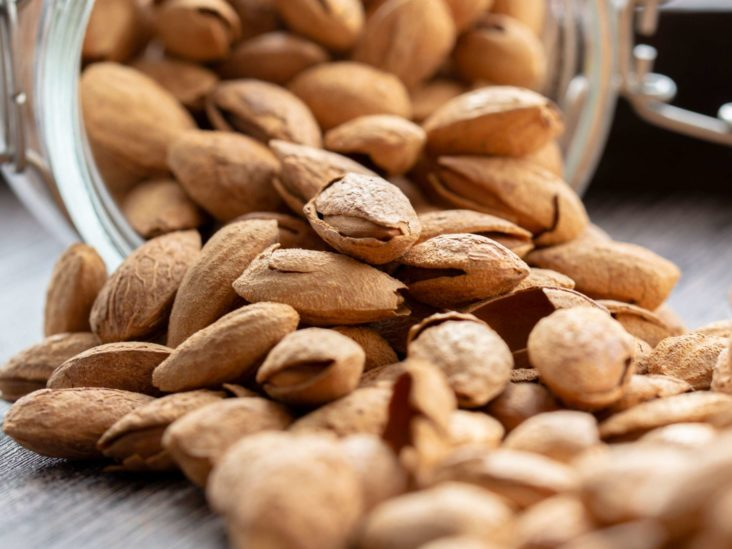
Almonds 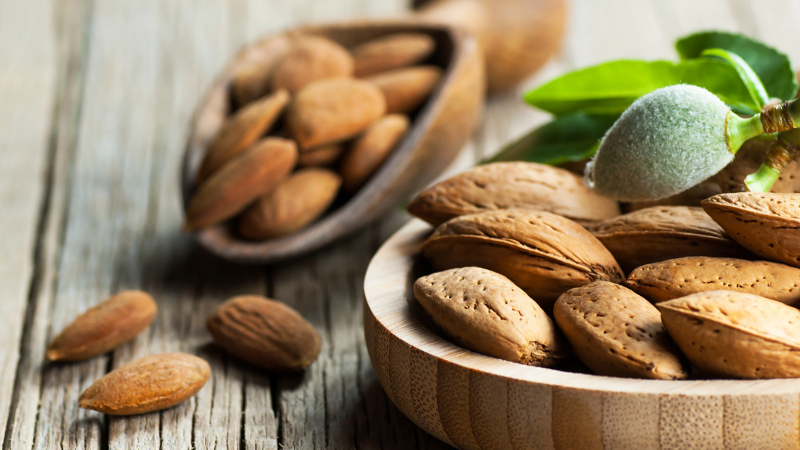
Almonds -
The vitamin supports healthy blood vessels in your eyes and is found mainly in fresh fruits and vegetables. Along with other vitamins and nutrients, it can help prevent the development of cataracts and age-related macular degeneration.
Citrus fruits, such as oranges, lemons, and grapefruit, are rich in vitamin C, an antioxidant that works directly to protect the body's cells from free radical damage. This antioxidant protects the cells in your eyes from oxidative stress, which promotes the development of vision-threatening conditions including macular degeneration and cataracts. Vitamin C has been shown to be essential for the function of cells inside the retina, the structure at the back of the eye that senses light and converts it into electrical signals sent through the optic nerve to the brain to create the images you see. This helps in scrounging harmful free radicals from your body and preventing cell damage.
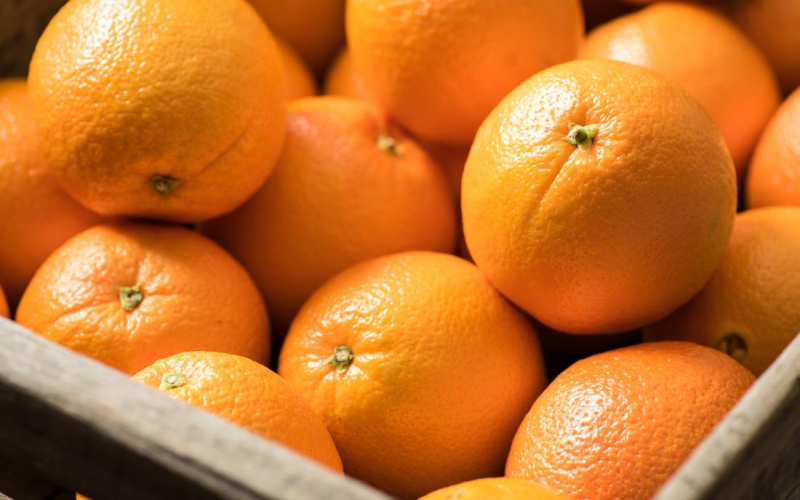
Citrus fruits 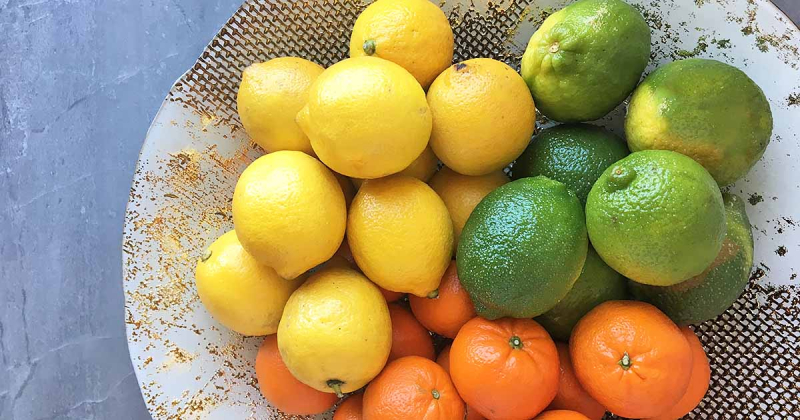
Citrus fruits










